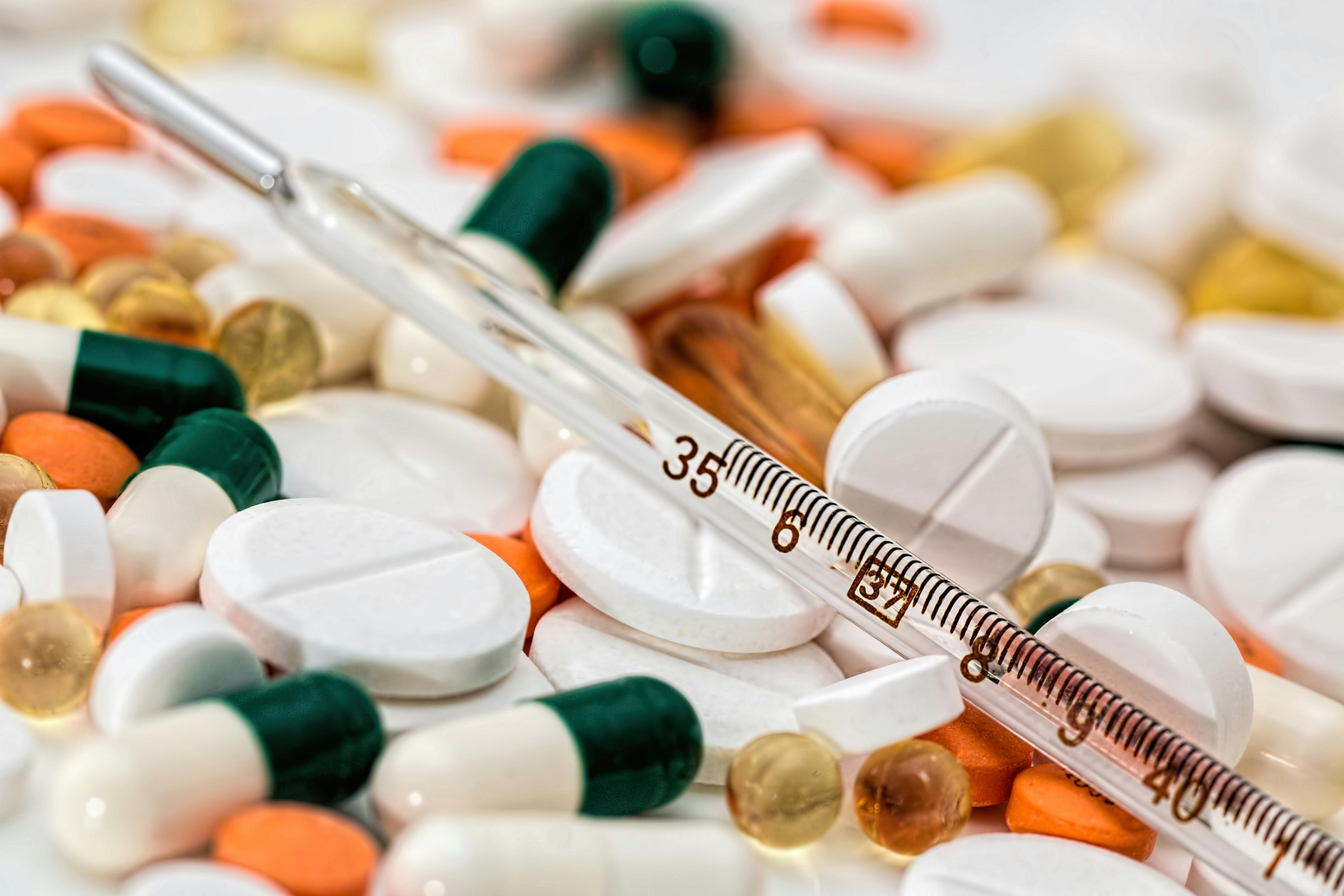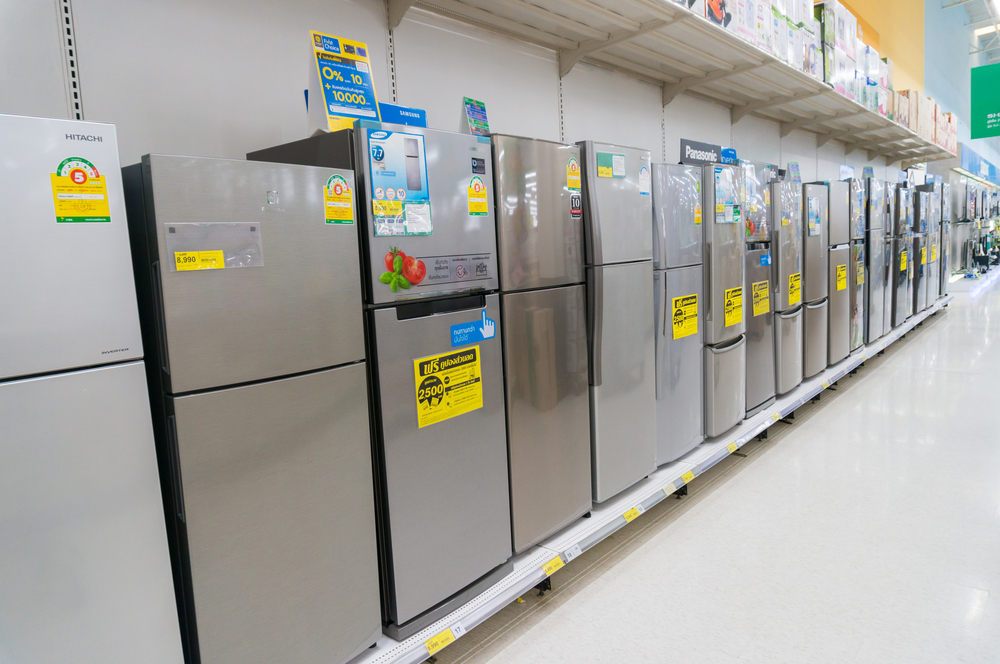Medications Associated with Kidney Disease in United States
Some medications commonly used in the U.S., like NSAIDs, certain antibiotics, and proton pump inhibitors, have been linked to kidney damage, especially with long-term use or high doses. Awareness of these risks is important to help prevent the development or worsening of kidney disease.

NSAIDs and Kidney Health
Nonsteroidal anti-inflammatory drugs (NSAIDs) are frequently utilized in the United States to relieve pain, fever, and inflammation. Examples include ibuprofen, naproxen, and aspirin. NSAIDs work by inhibiting cyclooxygenase enzymes, reducing prostaglandin synthesis. Prostaglandins help maintain adequate blood flow to the kidneys, especially in states of decreased blood volume or blood pressure.
Use of NSAIDs can disrupt this protective mechanism, potentially leading to decreased renal perfusion. This may result in acute kidney injury (AKI), particularly among individuals with pre-existing kidney impairment, older adults, or those who are dehydrated. Long-term or excessive NSAID use has also been associated with the development or worsening of chronic kidney disease (CKD).
Individuals taking NSAIDs chronically are at increased risk for interstitial nephritis and papillary necrosis. These conditions can impair kidney function and may contribute to irreversible damage if not detected early.
Antibiotics and Renal Toxicity
Certain classes of antibiotics have nephrotoxic potential and require careful monitoring, particularly in high doses or prolonged treatment courses.
Aminoglycosides
Aminoglycosides such as gentamicin and tobramycin are effective against a range of bacterial infections but are known for potential kidney toxicity. They can accumulate in renal tubular cells, causing acute tubular necrosis. Monitoring blood levels and kidney function is important during therapy to avoid toxicity.
Vancomycin
Vancomycin, commonly used to treat methicillin-resistant Staphylococcus aureus (MRSA), can cause kidney injury through direct toxicity and oxidative stress mechanisms. Risk increases with higher doses, prolonged use, or concurrent use of other nephrotoxic drugs.
Other Antibiotics
Certain beta-lactams (e.g., penicillins and cephalosporins), sulfonamides, and fluoroquinolones have also been implicated in allergic interstitial nephritis or direct tubular damage in rare cases. Awareness of these risks assists healthcare providers in mitigating harm.
Proton Pump Inhibitors (PPIs) and Kidney Risks
Proton pump inhibitors, used in managing gastroesophageal reflux disease and peptic ulcers, have been associated with adverse kidney outcomes. Studies indicate that prolonged PPI use (months to years) may increase the risk of AKI, acute interstitial nephritis, and progressive CKD.
Though the absolute risk for most patients is low, those with prolonged prescriptions or additional risk factors require careful evaluation. Discontinuation or dose adjustment under medical supervision may be appropriate where risks outweigh benefits.
Blood Pressure Medications and Kidney Considerations
Several antihypertensive medications directly affect kidney function, potentially providing protective effects or causing harm in certain contexts.
ACE Inhibitors and ARBs
Angiotensin-converting enzyme (ACE) inhibitors and angiotensin receptor blockers (ARBs) are commonly prescribed for hypertension and CKD management. These medications reduce intraglomerular pressure by dilating efferent arterioles, thereby slowing kidney disease progression in conditions such as diabetic nephropathy.
However, initiation or dose escalation may cause transient increases in serum creatinine. In some cases, particularly with volume depletion or bilateral renal artery stenosis, they can precipitate acute kidney injury. Thus, monitoring renal function regularly is essential.
Diuretics
Diuretics, often used to control blood pressure and fluid overload, can reduce kidney perfusion if not carefully balanced. Overdiuresis may lead to dehydration and pre-renal AKI.
Calcium Channel Blockers and Beta-Blockers
These medications generally have minimal direct nephrotoxic effects but require dose consideration in advanced kidney disease.
Other Medications Affecting Kidney Function
Beyond the commonly known categories, various other drugs can affect renal health.
Lithium
Used primarily for bipolar disorder, lithium requires close kidney monitoring because chronic use may cause nephrogenic diabetes insipidus and CKD over time.
Chemotherapy Agents
Certain chemotherapeutic drugs, including cisplatin and methotrexate, can cause direct tubular injury, necessitating renal function assessment before and during therapy.
Non-Prescription and Herbal Supplements
Some over-the-counter and herbal supplements contain compounds that may harm the kidneys or interact with prescribed medications, emphasizing the importance of disclosing all substances to healthcare providers.
Recognizing Medication-Induced Kidney Injury
Symptoms of kidney injury from medications can be non-specific and may include reduced urine output, swelling, fatigue, shortness of breath, or elevated blood pressure. Laboratory tests measuring serum creatinine, blood urea nitrogen, and electrolyte levels are key to detecting kidney dysfunction.
Early identification and adjustment or discontinuation of offending drugs can prevent progression to more serious kidney damage.
Preventative Strategies
Healthcare providers and patients can reduce the risk of medication-related kidney injury through:
- Adjusting doses based on kidney function
- Ensuring adequate hydration
- Avoiding concurrent use of multiple nephrotoxic drugs
- Regular monitoring of kidney function
- Educating patients on the risks associated with overuse or improper use of medications like NSAIDs
Typical Costs in United States (2026)
When considering medication-related kidney health impacts, typical cost considerations relate to diagnosis and management:
- Basic option: Routine blood tests for kidney function (serum creatinine, eGFR) typically range from $30 to $70 per test.
- Standard option: Comprehensive metabolic panels and urine analysis may cost between $50 and $150, providing broader assessment.
- Premium option: Advanced imaging (e.g., renal ultrasound) or specialist nephrology consultations can range from $200 to $500 or more, depending on location and healthcare facility.
Costs for prescription medications vary widely, influenced by drug type, dosage, and insurance coverage.
Summary
Medication-induced kidney injury remains an important consideration in clinical care across the United States in 2026. NSAIDs, antibiotics, PPIs, and certain blood pressure drugs can affect renal function, particularly with prolonged or high-dose use. Awareness, careful prescribing, and monitoring are essential to preserve kidney health and prevent or limit chronic kidney disease progression.




